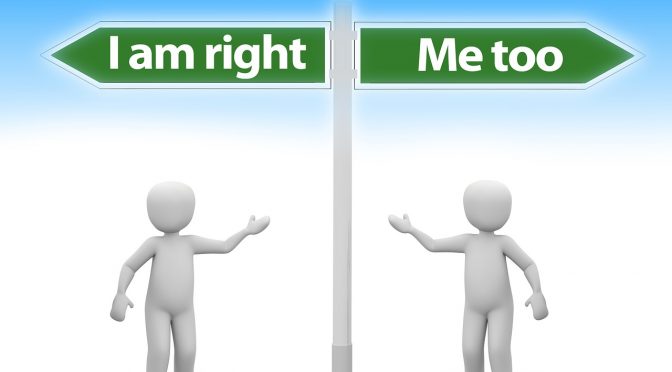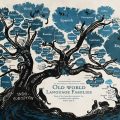False friends are words which sound and look similar in German and English, but they have totally different meaning which can cause serious confusion. There are also some different usages of the same thing in these languages which can also lead to making some most mistakes. Here are some of them:
I am a teacher (with the indefinite article) = Ich bin / Lehrer (without the article)
Tina’s brother and Tinas Bruder (there’s no apostrophe in German)
“bekommen” (=to get) and “to become” (=werden)
“wer” (=who) and “where” (=wo?)
“das Gift” (=poison) and “gift” (=Geschenk)
“die Billion” (=million millions) and “billion” (=Milliarde)
“die Art” (=sort, kind, type) and “art” (=Kunst)
“der Strom” (=electricity) and “storm” (=Gewitter)
“weil” (=because) and “while” (=während)
“das Handy” (=mobile phone) and “handy” (=handlich)
“der Rock” (=skirt) and “rock” (=Rock Musik).
“der Student” (=someone who studies at the university) and “student” (=Schüler, Student)
“der Chef” (=boss) and “chef” (=Koch)
“fast” (=almost) and “fast” (=schnell)
“das Gymnasium” (=high school) and “gym” (=Sporthalle)
I was born “in 1979.” and Ich bin”(im Jahre) 1979″ (not: in 1979) geboren
“also” (=thus) and “also” (=auch): dieses Problem dauert seit 5 Jahren. Das ist also ein grosses problem; he teaches German and he also sings in a choir.
Some nouns have only the plural form in English, however, they are regular singular nouns in German: “die Hose ist…” (pants are…), “die Brille ist…” (glasses are…), “die Schere ist…” (scissors are…)
***
To find out which are the “true friends” in English and German, see below.




